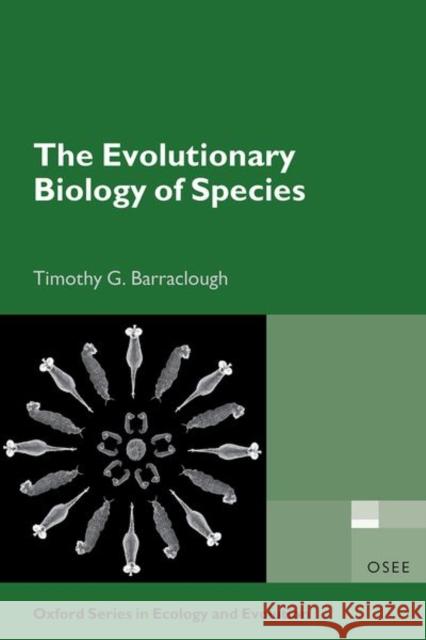The Evolutionary Biology of Species » książka
topmenu
The Evolutionary Biology of Species
ISBN-13: 9780198749752 / Angielski / Miękka / 2019 / 288 str.
The Evolutionary Biology of Species
ISBN-13: 9780198749752 / Angielski / Miękka / 2019 / 288 str.
cena 165,68
(netto: 157,79 VAT: 5%)
Najniższa cena z 30 dni: 149,42
(netto: 157,79 VAT: 5%)
Najniższa cena z 30 dni: 149,42
Termin realizacji zamówienia:
ok. 16-18 dni roboczych.
ok. 16-18 dni roboczych.
Darmowa dostawa!
Kategorie:
Kategorie BISAC:
Wydawca:
Oxford University Press, USA
Język:
Angielski
ISBN-13:
9780198749752
Rok wydania:
2019
Ilość stron:
288
Waga:
0.50 kg
Wymiary:
23.11 x 15.49 x 1.52
Oprawa:
Miękka
Wolumenów:
01
Dodatkowe informacje:
Bibliografia











